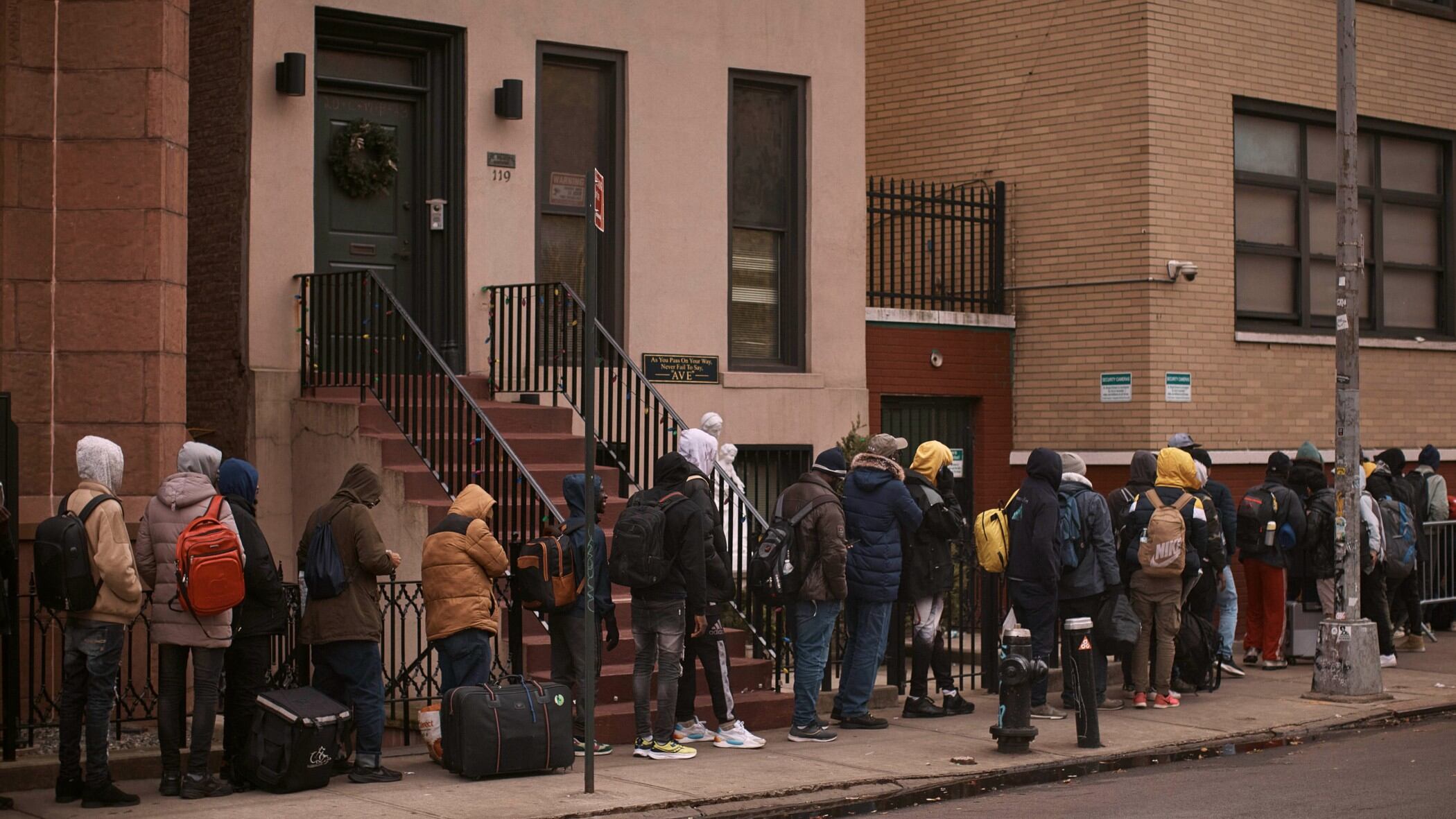This Friday the 13th could make one Mega Millions player very lucky. The jackpot has swelled to $1.35 billion with the next drawing scheduled for Jan. 13.
"The jackpot has rolled again, keeping everyone who follows Mega Millions in suspense for yet another drawing,” Ohio Lottery Director Pat McDonald, the lead director of the Mega Millions Consortium, said in a statement.
Although Friday the 13th is typically associated with bad luck, it’s historically been an auspicious date for the Mega Millions with six jackpots won on the date. Friday’s jackpot is one of the largest in Mega Millions history, second only to a record $1.537 billion prize, won by an anonymous woman in South Carolina in Oct. 2018.
While the big prize remains unclaimed, there have already been 6.15 million winning tickets with prizes as small as $2 and as large as $3 million. Three lucky winners each took home $3 million, whereas 13 others won $1 million each. Mega Millions lists the odds of winning the billion dollar prize at one in 302 million. That means that, although very slim, there is still a chance of bringing home $1.35 billion or $707.9 million in a cash option.
WHAT HAPPENS IF YOU BEAT THE ODDS?
Experts recommend winners of substantial lotteries take care to protect their identities and plan out their financial futures. According to State Farm, lottery winners should immediately make copies of their winning tickets and place the original in a bank’s safety deposit box or personal safe. Winners should also take care to stay as anonymous as possible for as long as possible. If they must reveal their identities per the terms of the lottery, then winners are advised to take precautions like changing their phone numbers and setting up a P.O. box to avoid a deluge of contact and requests. Individuals who are about to come into substantial sums of money are advised to assemble a team of advisors including a lawyer, financial advisor, and accountant. Together, they can map out financial goals, draw up a budget, and plan the individuals’ estate. And since the FDIC only ensures sums of to $250,000 per account for individuals, once in hand, funds should be spread among various accounts and banks.
And as for whether to take a lump sum of cash or receive payments over time, annual payments provide more structure. But with careful planning and investing, lump sums can yield better results over time.












